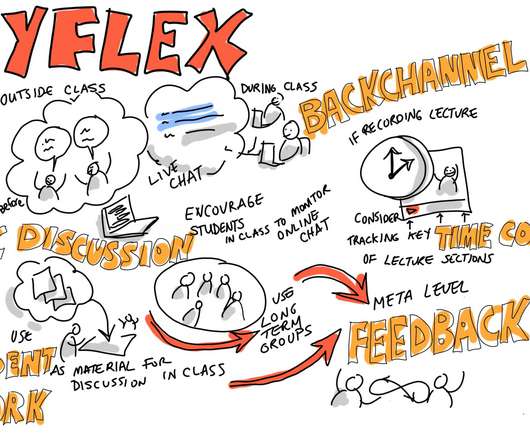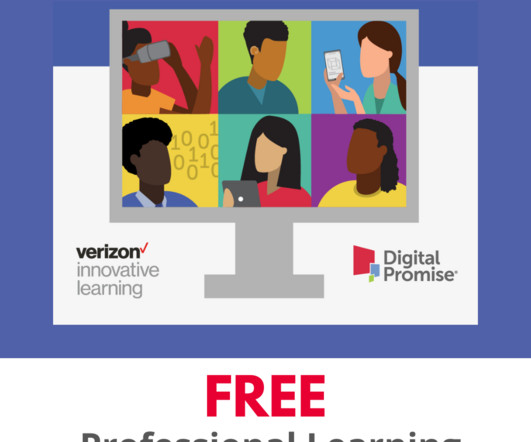How not to write about HyFlex or online learning
Bryan Alexander
JANUARY 19, 2022
Today’s case in point is an odd article in Insider Higher Ed. “ HyFlex Is Not the Future of Learning ” starts off by complaining about that form of teaching, then becomes a general complaint about online learning. Next he praises the on-campus experience, in contrast to online learning.















Let's personalize your content